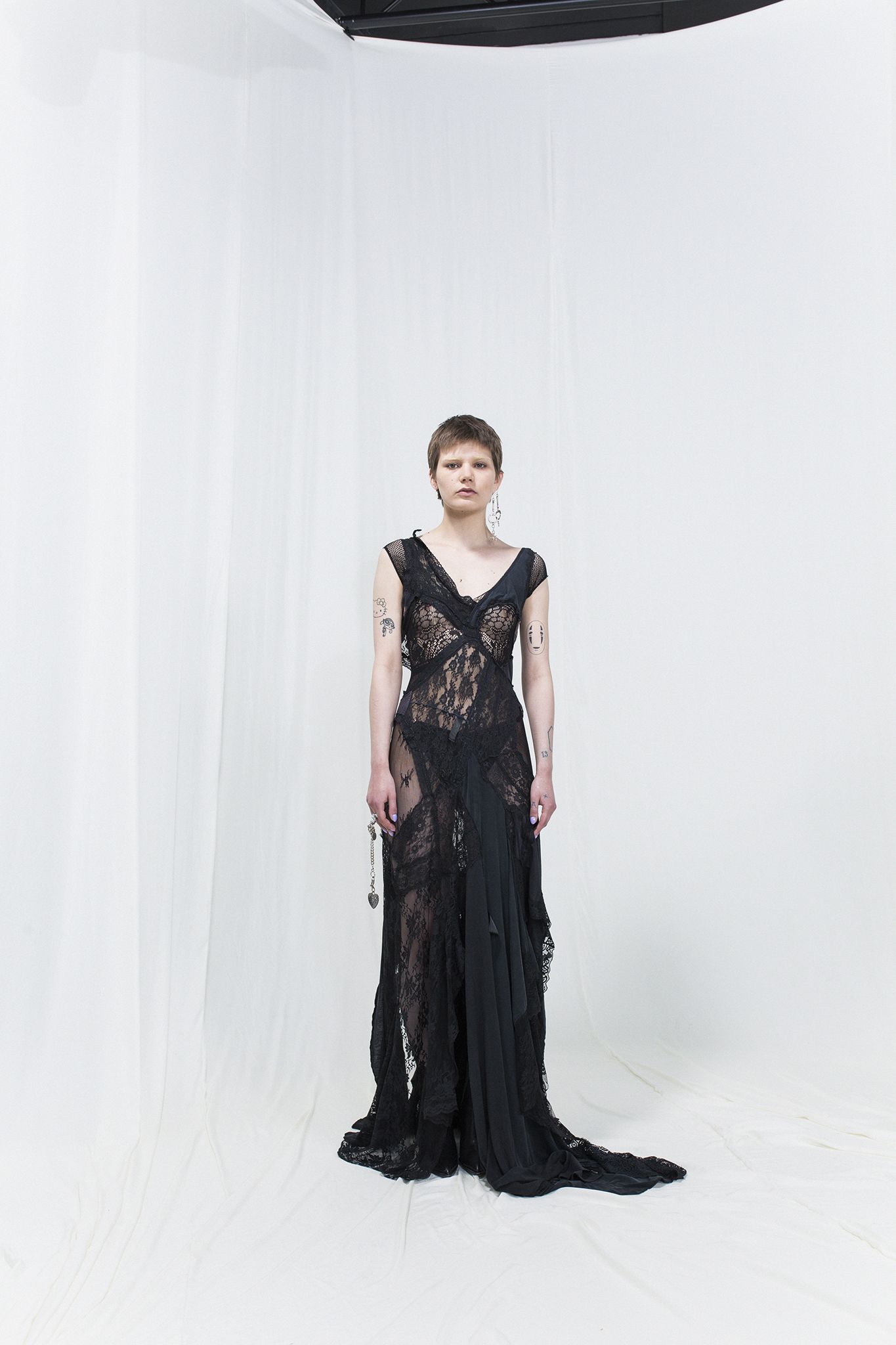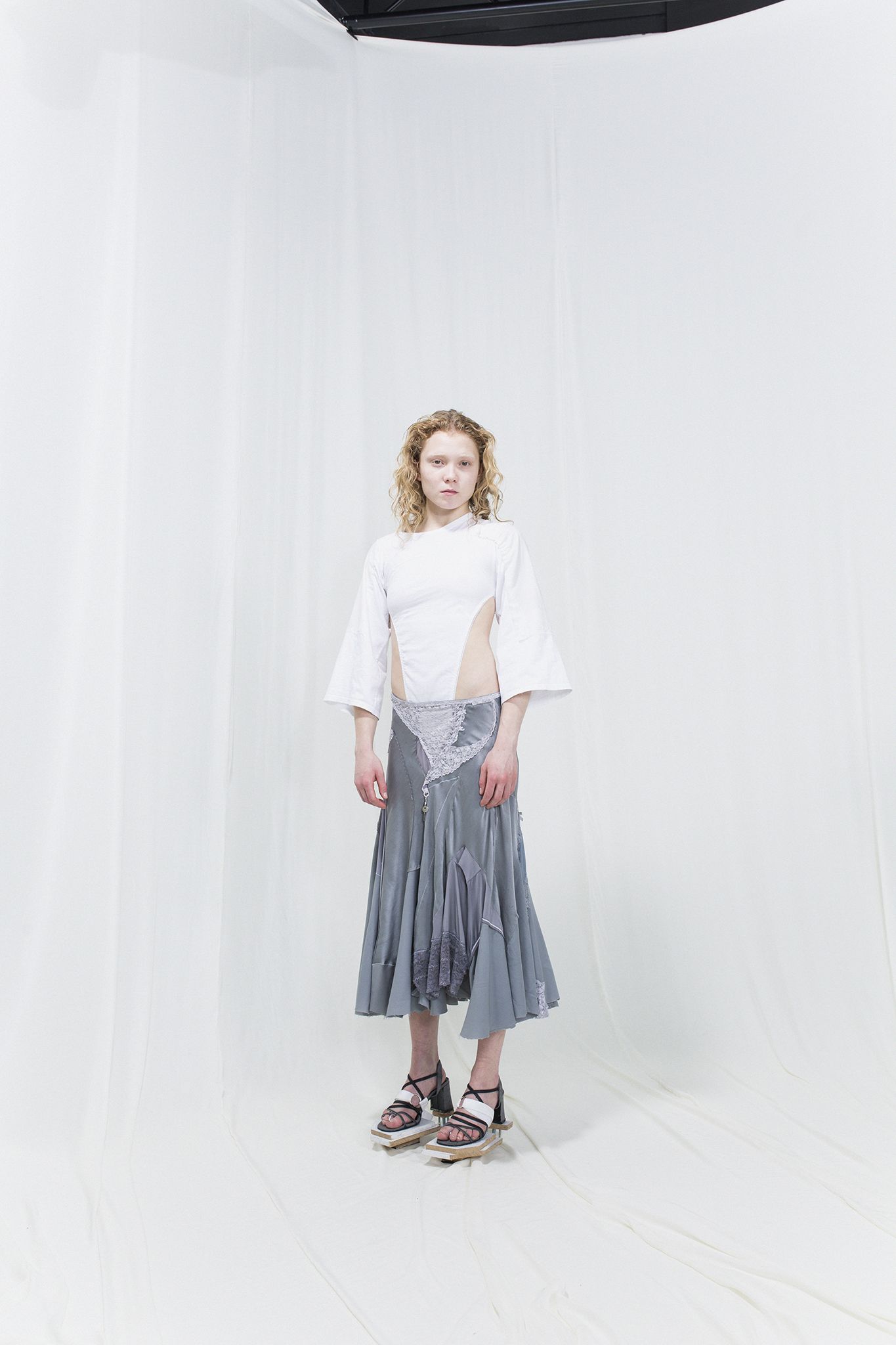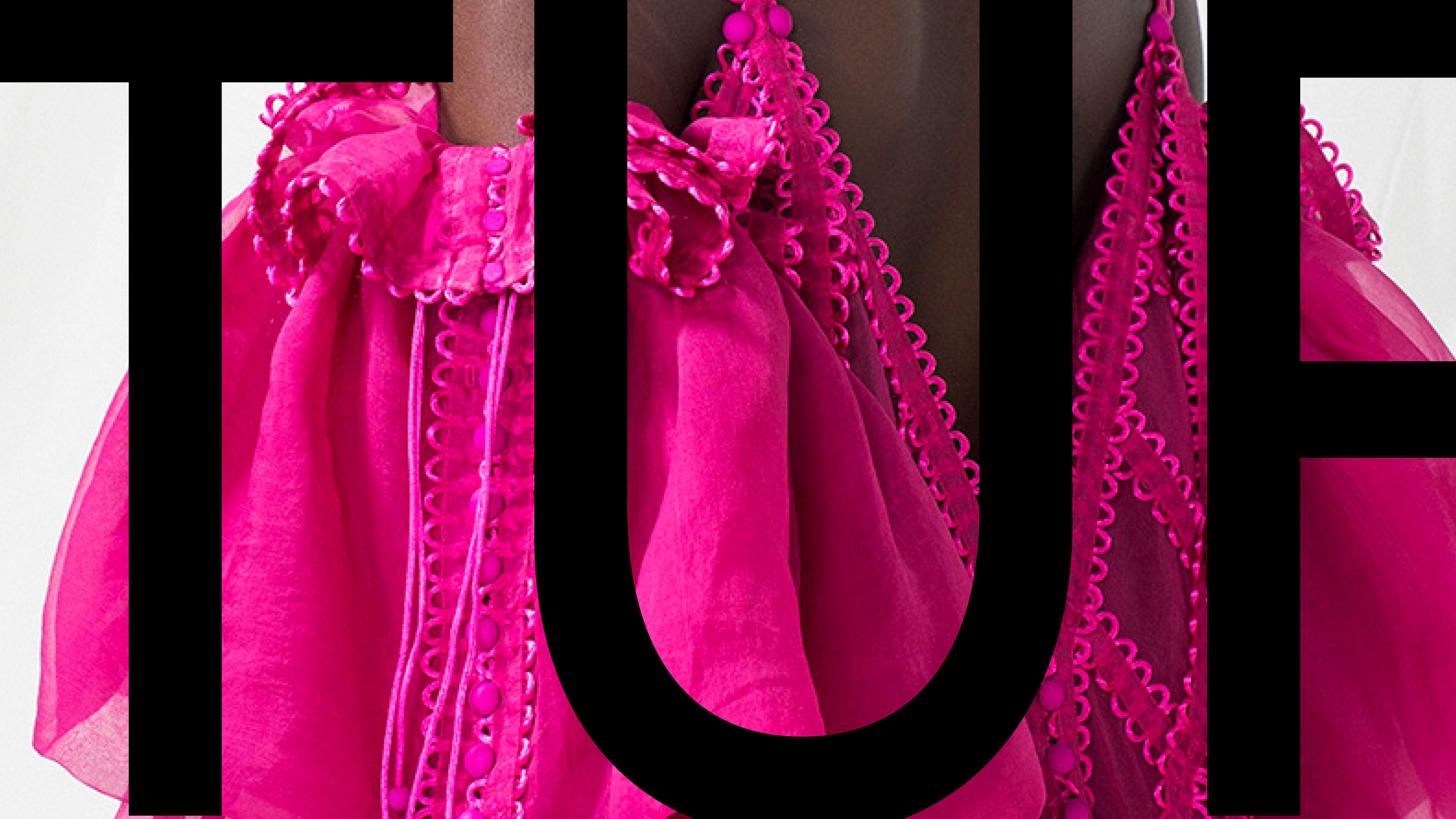SEEING THE TRUE VALUE OF FASHION
“Care for your clothes like the good friends they are.”
- Joan Crawford
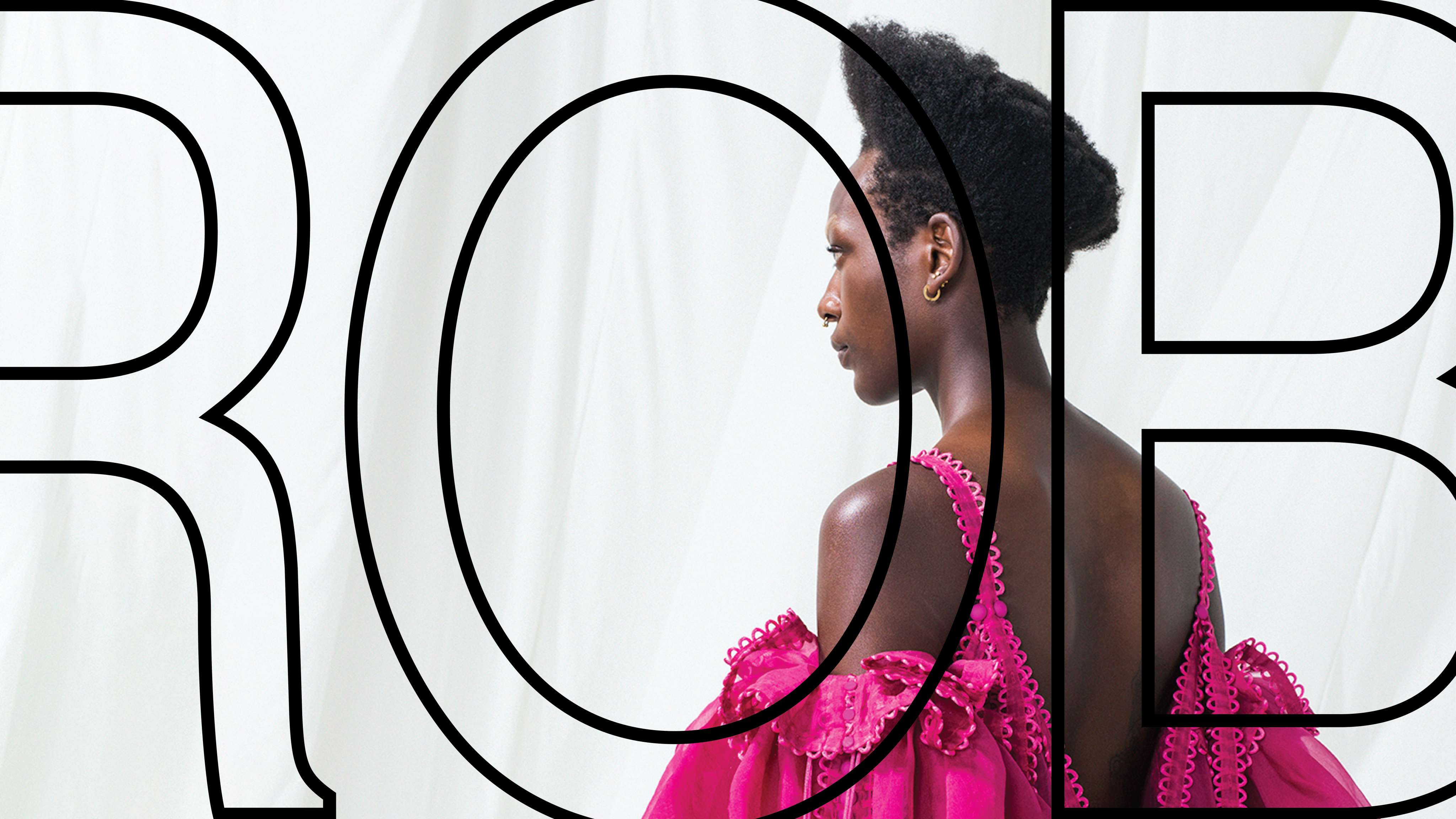
In order to break the cycle of fast fashion and throwaway clothes, we’ll have to switch to a new slow fashion mindset. This means becoming more mindful of our needs and making deliberate choices to meet them. Slow fashion is about choosing quality over quantity, respecting each garment and its creators, and opting for a minimal negative impact on people, animals and the planet.
When you’re in slow fashion mode, it’s easy to see that the true value of fashion is not found on the price tag. Instead, a piece of clothing can become special because it is associated with stories, emotions, historic events or even a certain designer. This is why true fashion can grow old, but it will never become obsolete.
This is the kind of fashion we at Aalto University are interested in. We train creative fashion professionals with a comprehensive understanding of the industry. Our students have the opportunity to develop an expert understanding of every aspect of the production process, from materials, textiles, fabrics and the latest manufacturing technologies to conceptual thinking and artistic expression.
Aalto Fashion is about understanding how the industry really works so that it can be challenged from the inside.

SOFIA ILMONEN:
SAME SAME BUT DIFFERENT
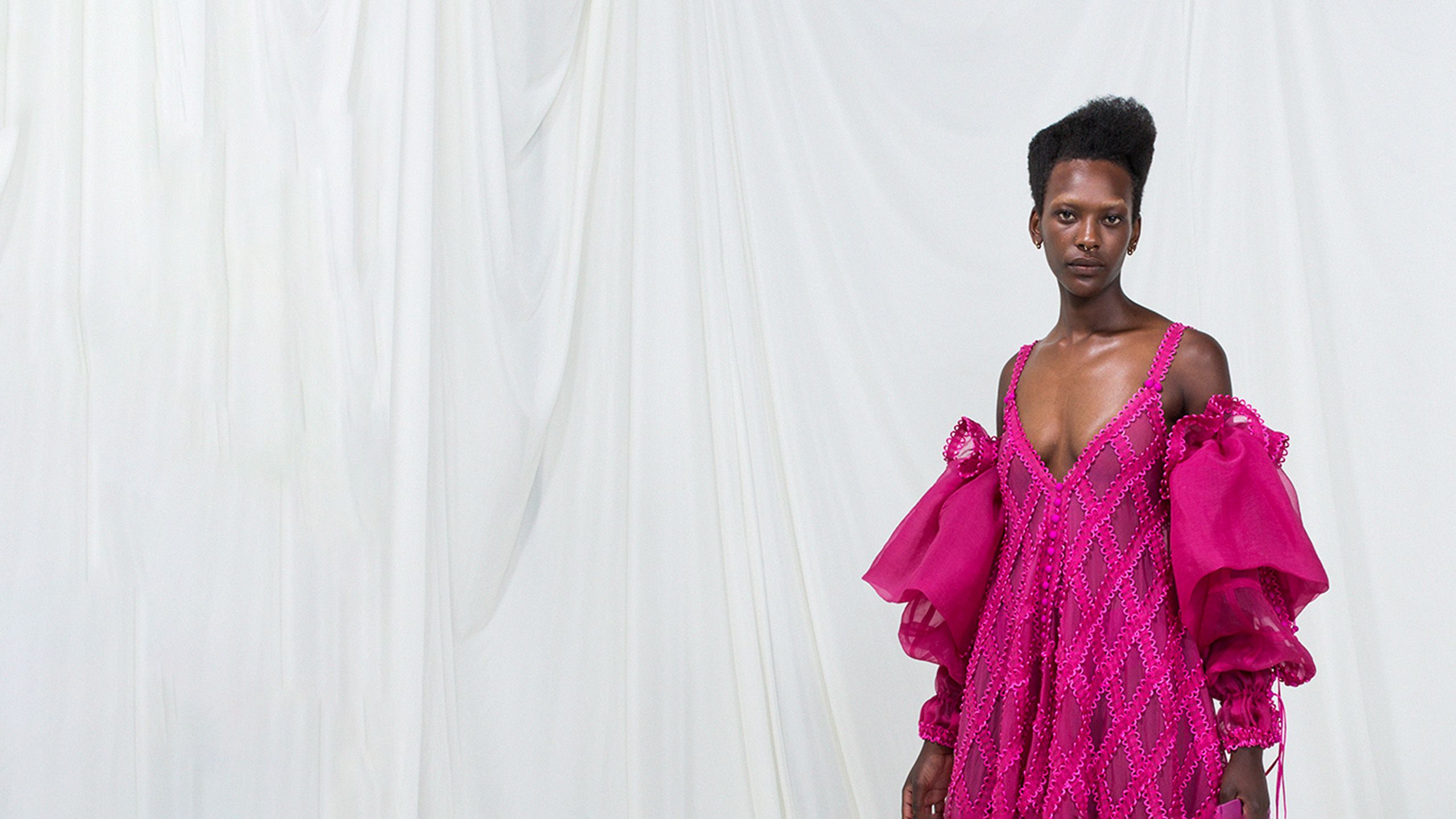
Aalto fashion alumna Sofia Ilmonen was overwhelmed by the wastefulness and toxicity of the fashion industry and wanted to approach sustainability in a new way. For her collection titled Same Same but Different, she came up with a modular design solution.
The collection features garments made of a series of square, modular elements, including a shirt comprising four modules and a dress comprising twenty-six square modules. The modules are all the same shape, so a sleeve can become a skirt, a skirt a shirt etc. The pieces are attached to each other with buttonholes and 3D-printed double-ended buttons, so the garment can be transformed without the wearer having to unpick any seams or do any sewing. The wearer can modify and change each garment according to their wishes. The idea is that this kind of DIY approach will hopefully increase the owner’s overall attachment to the garment, thus extending its lifecycle.
The garments are made from organic cotton poplin and peace silk organza, and the vivid red colour is derived from the cochineal scale insect. “Cochineal red” is known to have been used by the ancient Mayans and Aztecs.
Photos: Sofia Okkonen
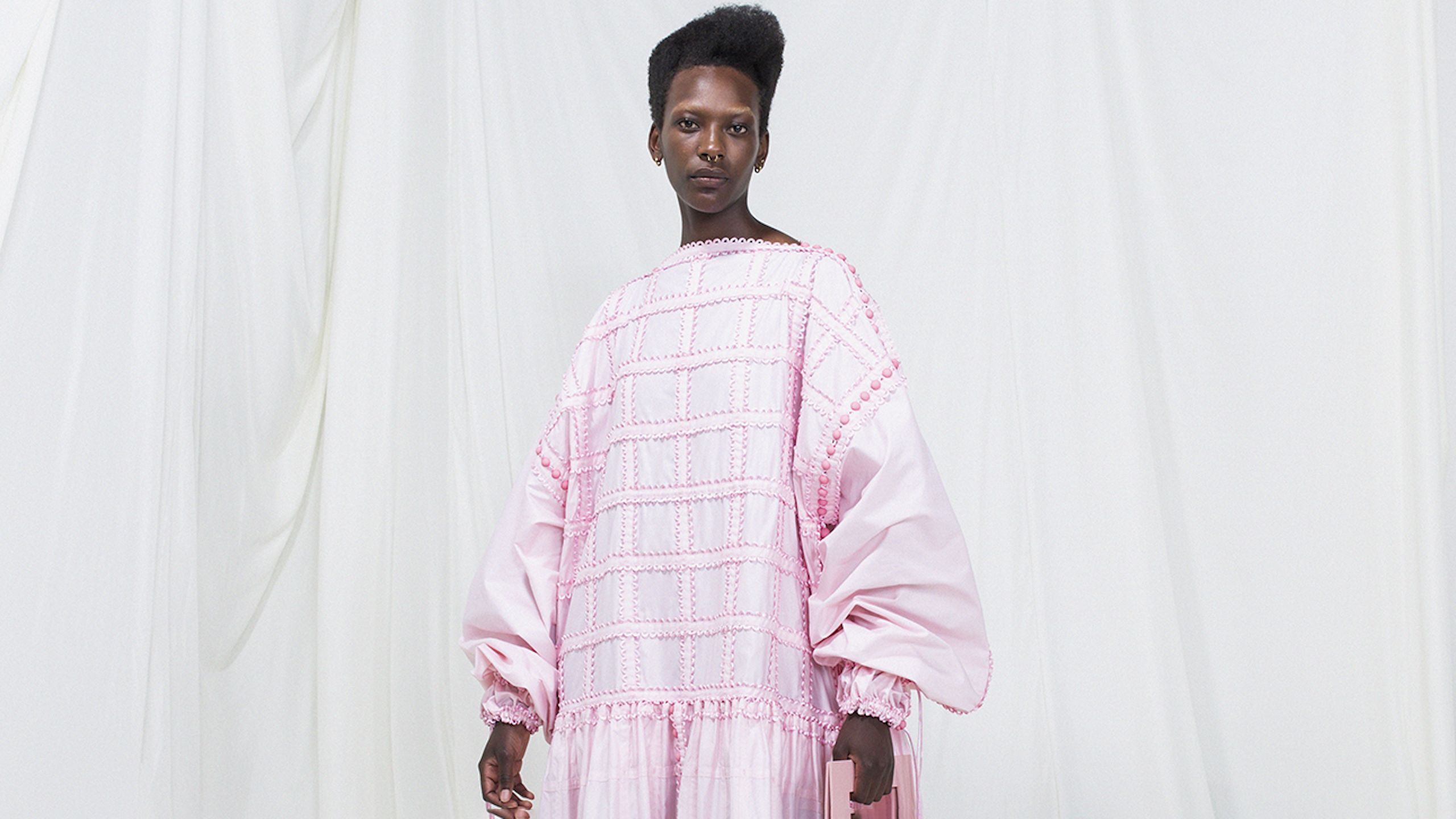
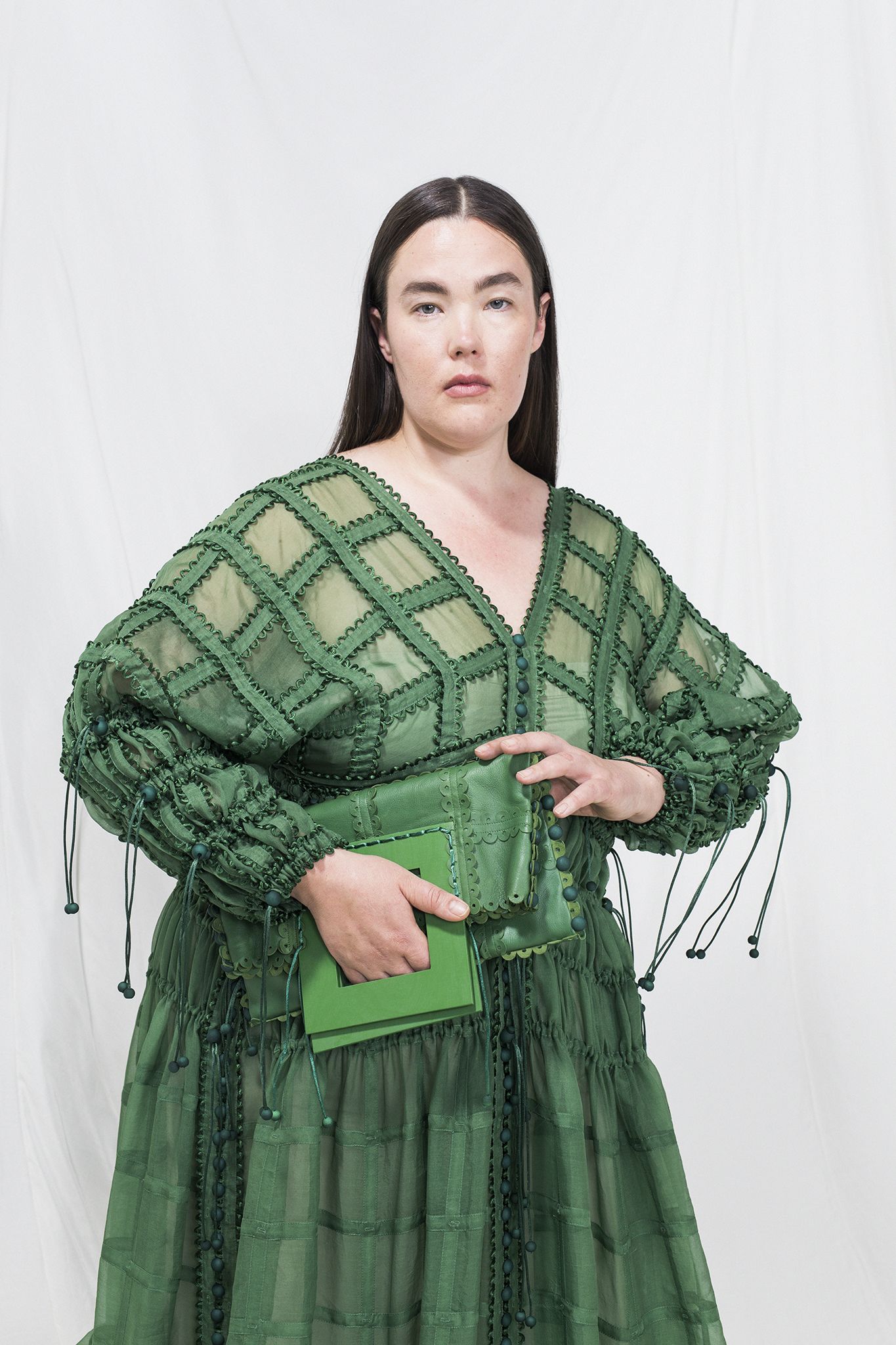
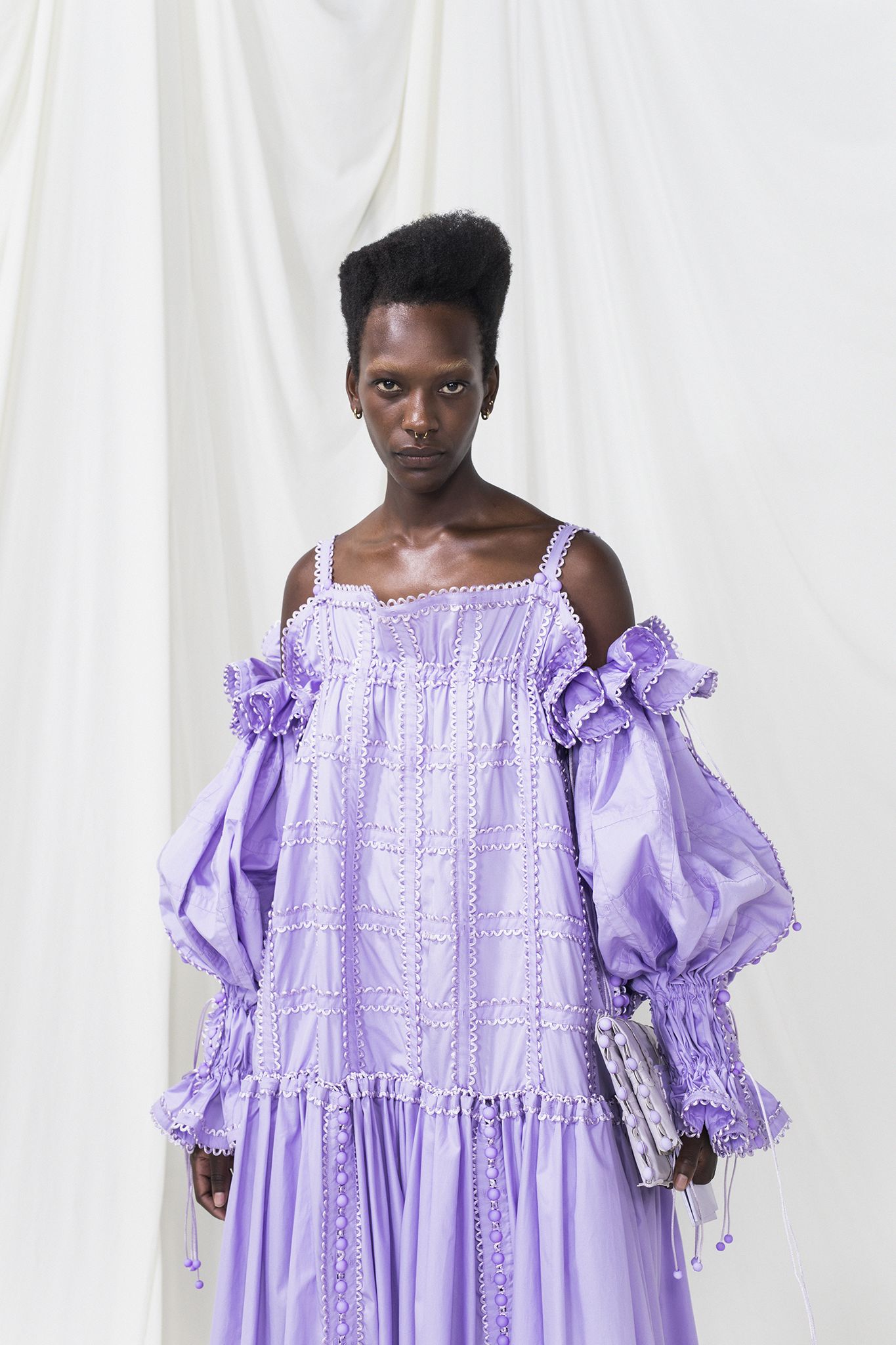
SINI SAAVALA: UNWEARABLE

Are you in the unsustainable habit of chronically over-washing your clothes? Unnecessary laundering wastes detergent, water, electricity, personal time and is bad for the garment itself, shortening its lifespan. Synthetic textiles which shed tiny plastic microfibres are a particularly significant problem. Laundry alone causes around half a million tonnes of plastic microfibres to be released into oceans every year, the equivalent of almost three billion polyester shirts.
Aalto fashion student Sini Saavala decided to touch upon this issue in her collection "Unwearable". She chose to upcycle stained fabrics, incorporating the stains as decorative design elements. The collection challenges the fashion norm whereby only new and clean garments are considered socially acceptable. Could we come to accept clothing that is old, stained, torn and tattered and include these elements of patina in our garments?
It’s not a secret that people can be clumsy, and life can be messy. Every stain, splash, and splatter tells a story that you can embrace.
Photos: Sofia Okkonen

